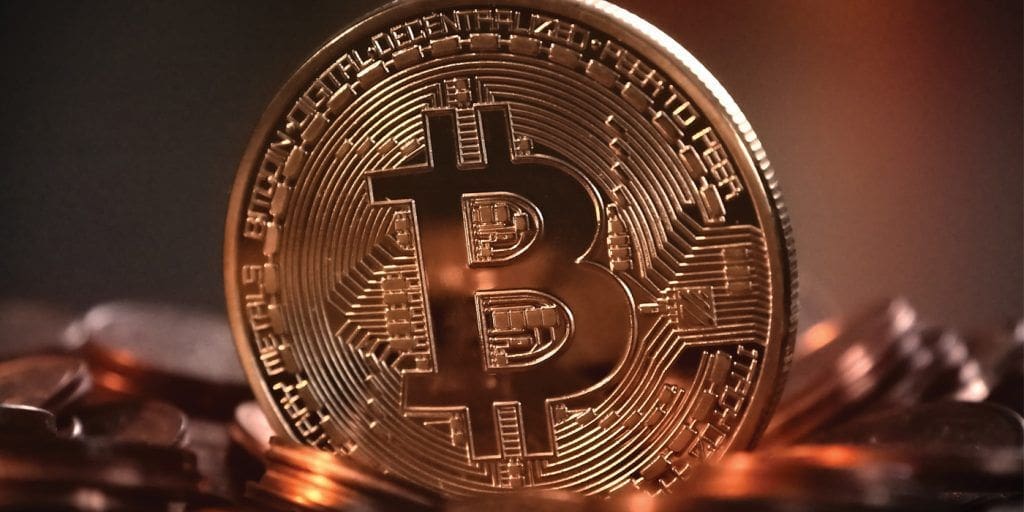The New Currency – Who Gives A Bit?
Money talks. Bitcoin talks with private keys.
Have I lost you already? Stay with me. Cryptocurrency may seem daunting and overwhelming at first but with 1 Bitcoin equivalent to just over NZD$15,000 (at the time of writing this), it’s a concept well worth knowing about especially when you come to understand the implications and potential effects on currency as we know it.
Here’s a quick guide to Bitcoin:
What is it?
Bitcoin is the world’s first decentralised digital currency, created with the intention of making transactions more transparent, global and efficient. Bitcoin is distributed on a peer-to-peer network, instantly, securely and independent of any financial institution.
How does it work?
Bitcoins are ‘mined’, by using computers to solve complex mathematical equations. Once equations are solved, new Bitcoins are then generated. The term ‘mined’ is used, because like mineral sources such as gold or silver, there is a finite number of Bitcoins that can be mined – 21 million. A finite number of Bitcoins ensures that the cryptocurrency is deflationary.
Bitcoin miners don’t just earn new bitcoins for solving equations, they also verify transactions on a shared public ledger known as the blockchain. The blockchain also verifies what coins belong to which user.
Every Bitcoin user has a private key, which essentially acts as a password. The private key is a whole number between one and 78 digits in length and confirms the user’s identity, allowing them to receive Bitcoin. Without private keys, transactions cannot be completed. Private keys can be stored online, on hard drives, and since it is a numerical value, it can also be printed onto paper and entered only when required.
Bitcoin units are stored in ‘wallets’, a storage location that requires private keys to confirm owner identities. Wallets, like private keys, can be stored on the cloud, on an internal or external hard drive.
Why is it getting so much attention?
In 2010, a Bitcoin user bought two pizzas for 10,000 Bitcoins. Today, 10,000 Bitcoins are equivalent to just over NZD$152m.
Like any currency, there are pros and cons to Bitcoin. At present Bitcoin boasts far greater liquidity in comparison to other cryptos like Ethereum, Litecoin and Dogecoin. Bitcoin is also widely accepted as method of payment globally, with companies like Expedia, WordPress and Microsoft accepting it as a means of payment. Bitcoin’s inherent scarcity, independence from centralised organisations and privacy are also strong factors to consider.
However, there are downfalls to Bitcoin. Bitcoin is incapable of refunding, unlike a cryptocurrency such as Ripple. The online nature of the currency also means that users are susceptible to scams and fraud-based schemes. Bitcoin’s high volatility provides short-term gains for speculative traders, but long-term investors might want to reassess this form of investment. There is also potential for Bitcoin to be surpassed and replaced by a more popular medium of exchange.
So, should I invest?
Bitcoin is showing plenty of potential and interest, due to its decentralised, high-value and inherently scarce nature. However, Bitcoin is still far away from becoming a currency on the level of Dollars, Pounds and Euros, and the aforementioned downsides do need to be taken into consideration. Like any speculative asset, research, take due diligence and invest only if you can afford it.

